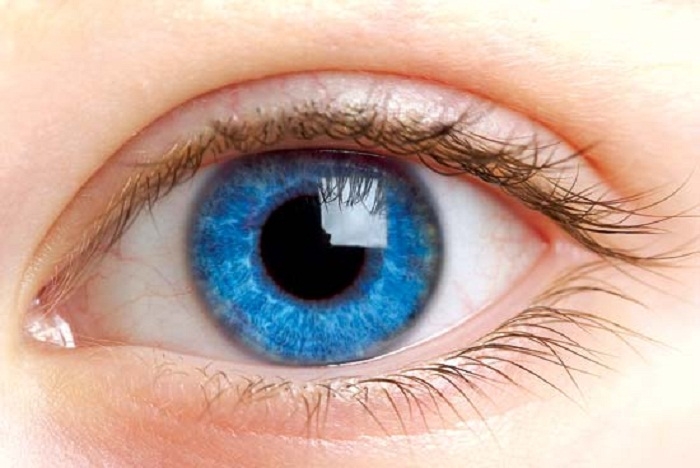After surveying more than 7,000 men and women aged 50 and older, researchers determined that visual impairment was often met with disrespect and discrimination, according to the results published in JAMA Ophthalmology.
Those with poor eyesight who had experienced discrimination were more likely to also report symptoms of depression and loneliness, researchers found.
"Teaching coping strategies may help older people with poor vision mitigate the risks for mental health associated with discrimination, said the study's lead author, Sarah Jackson, a research fellow at University College London. "More importantly, there is a need for efforts to tackle the negative attitudes and discriminatory behavior toward people with visual impairment in society to reduce their exposure to these damaging experiences," Jackson said in an email.
To explore how visual impairment might affect seniors' lives, Jackson and her colleagues turned to an ongoing research project called the English Longitudinal Study of Ageing. For that study, follow-up interviews occurred every two years.
The new study was based on data collected between July 2010 and June 2011, the only time questions about discrimination were asked. The analysis included 7,677 participants, age 50 and older.
Along with rating their own eyesight as "excellent, very good, good, fair or poor," participants were asked "how good is your eyesight for seeing things up close, like reading ordinary newspaper print (excellent, very good, good, fair, or poor)?"
To assess possible discrimination, participants were asked about the frequency of five experiences, including: "you are treated with less respect or courtesy;" "you receive poorer service than other people in restaurants and stores" and "people act as if they think you are not clever."
Depressive symptoms, quality of life, life satisfaction and loneliness were assessed with standard questionnaires. Out of the entire study group, 913 people reported poor overall eyesight and 658 reported poor eyesight close-up. Compared to those with good eyesight, those with poor eyesight were 41% more likely to report discrimination - most often, being treated with less respect or courtesy.
Among participants with poor eyesight, those who reported discrimination were also more than twice as likely to report depressive symptoms and loneliness, and four times as likely to report lower quality of life and life satisfaction.
The study was not designed to determine whether discrimination was caused, or contributed to, depression. The researchers also gauged discrimination by asking about five situations, so they could have missed other instances of perceived prejudice, the authors note. Still, vision expert Bonnielin Swenor said the study was "very important."
"It's giving evidence to what a lot of us know - that those with vision impairment experience discrimination," said Swenor, an associate professor at the Wilmer Eye Institute at Johns Hopkins University in Baltimore, Maryland. "It's showing that this has an impact on people's mental health."
Swenor knows from personal experience what it's like to have people treat you with disrespect because your vision is failing. She's got a condition that has led to retinal damage, making it hard to make out people's faces and expressions and to read numbers on the grocery store keypad.
"I'll go to check out at the store and can't see the numbers," she said. "I'll say, ‘can you tell me the total.' And the clerk will say, ‘It's right there, you need to get glasses' even after I explain that I have a vision problem." Those kinds of experiences of disrespect and microagressions pile up, Swenor said. The person on the receiving end "internalizes it and starts to feel like they are less," she explained. "Over time that builds up and has a detrimental impact on their mental health."
More about: Vision-loss depression























-1745485667.jpg&h=190&w=280&zc=1&q=100)
























